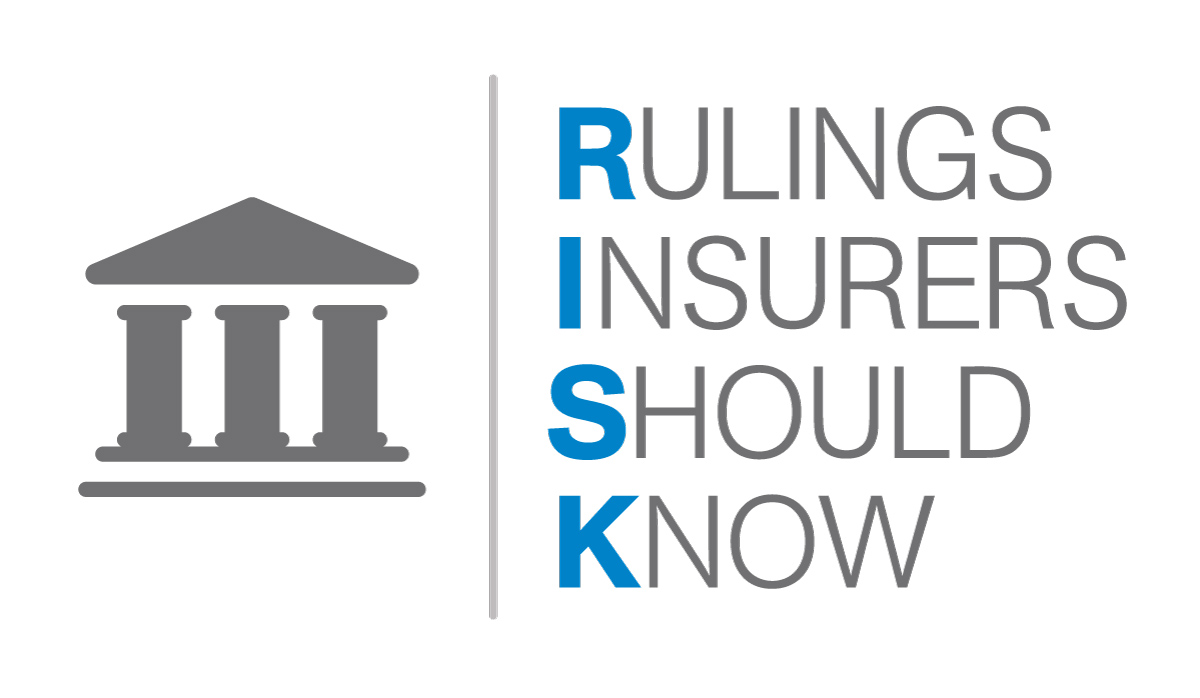Duty to Defend in the Context of Sexual Abuse Allegations

Southside Muay Thai Academy Corp. v Aviva Insurance Company of Canada, 2020 ONCA 385
In a sequence of events which is unfortunately no longer unfamiliar, an instructor in a position of authority sexually assaulted a minor who was, at the time of the assault, a student. The instructor was convicted. The victim also commenced a civil claim against the instructor’s organization, Southside Muay Thai Academy Corp., alleging a failure to supervise the instructor. The Academy’s insurer, Aviva, denied coverage on the basis of a sexual abuse exclusion clause in the Academy’s policy of insurance. This clause excluded from coverage any claim which arose directly or indirectly from an act of sexual abuse.
The Academy commenced an application, seeking a defence from Aviva. The application judge found that the claim fell within the policy exclusion, but that Aviva nonetheless had a duty to defend the Academy, as the language of the statement of claim – “was negligent in its failure to supervise the Plaintiff, ensure she was safe while on their premises and under their care and control” – raised the possibility of the Academy being liable for breaching a duty of care in situations not arising directly or indirectly from the alleged abuse. In reaching this conclusion and in interpreting the policy, the application judge applied the principle of contra proferentem in interpreting coverage broadly and exclusion clauses narrowly.
Aviva successfully appealed the application judge’s decision. The Court of Appeal found that the allegations in the statement of claim related to a single instance of sexual assault and that the subject matter of the action was sexual abuse. The damages claimed in the statement of claim all arose from the sexual assault. While the Court of Appeal agreed that coverage is to be interpreted broadly and exclusion clauses narrowly, there was no claim for damages resulting from the Academy’s negligence other than in the single instance of sexual assault. As such, the Court of Appeal concluded that the claim fell within the policy exclusion and Aviva had no duty to defend the Academy.
Takeaway for insurers
Insurers can breathe a sigh of relief now that the application judge’s decision has been successfully appealed. An upholding of the application judge’s decision would have upset a long line of cases dealing with an insurer’s duty to defend and would likely have resulted in insurers needing to revisit their policy wording.




